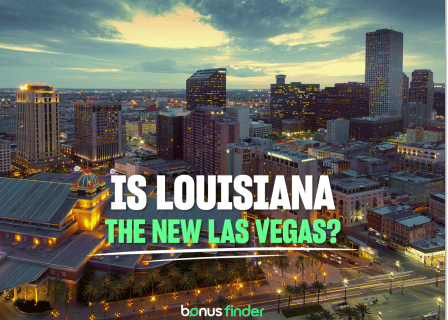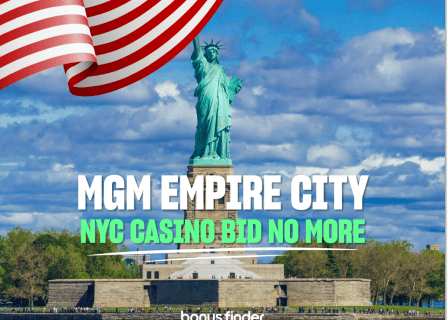Massachusetts lawmakers have started discussing two online casino reform bills that could potentially see iGaming regulated in the Bay State.
BonusFinder, a casino bonus review site, dives into the future of iGaming in Massachusetts, as the state looks to be the next legal iGaming state.
A joint committee, including representatives from both Houses, will discuss two bills – House Bill 332 and Senate Bill 235.
The ultimate aim of the bills is to legalize online casinos and would see the issuance of category 1 and 2 licenses to respective parties.
In February, Senator Paul Feeney and Rep. Daniel Cahill submitted bills SB235 and HB332 to their respective Houses. The bills aim to make Massachusetts the eighth state to introduce regulated online casinos, joining regulated online sports betting in the Pilgrim State.
The package includes comprehensive licensing details, as well as a provision for live dealer studios and interstate gaming agreements, which could see Massachusetts sign up to the Multi-State Internet Gaming Agreement.
Delaware, Michigan, Nevada, New Jersey and West Virginia are already members of the multi-state agreement.
What happens next?
If the bills are passed into law, the state would offer Category 1 licenses to the three existing land-based casinos -mEncore Boston Harbor, MGM Springfield and Plainridge Park – enabling them to partner with up to two online casino platforms each.
An additional four Category 2 licences will also be granted. These licenses are given to standalone operators who do not have physical casinos in the state. In total, as many as 10 online casino operators could launch.
During the application process, one-year provisional licenses would be available for $1m each. Thereafter, all licenses would incur an initial fee of $5m and run for five years, with a $5m renewal fee.
The bills propose a 20% tax on gross gaming revenue (GGR). This matches the tax levied against online sportsbook operators, but is lower than the 25% rate that retail casinos in the state currently pay. This rate is also in line with other US states’ tax rate for gaming.
Neighbouring Rhode Island was the most recent state to introduce regulated iGaming, and its population of around one million people generates approximately $3m a month in net revenue.
By those calculations, considering Massachusetts’ population of approximately seven million people, it could stand to generate $21m a month or more in revenue, once a regulatory framework is well established.
Considerations to be made
Regulation could generate millions of dollars of monthly tax revenue for the state, but not everybody supports the move.
Critics point to the potential cannibalization of retail casino revenue. The state’s three land-based casinos reported GGR of more than $105m for May, and there are concerns this would be hit if online casinos were introduced.
Another concern levelled at iGaming is the threat of problem gambling. As is typical with iGaming regulations, the two bills also include several provisions to help ensure responsible gambling.
Among these provisions is a requirement that online platforms offer access to self-exclusion programs. Operators must also perform Know Your Customer (KYC) checks on all account applications, and there will be limits on misleading advertising.
Staff will need to be fully trained in responsible gambling strategies, and the casinos must submit annual responsible gambling plans.
Even if lawmaker discussions are possible, regulation would take months, potentially even years, before platforms come online but it’s a strong step forward for US iGaming.









